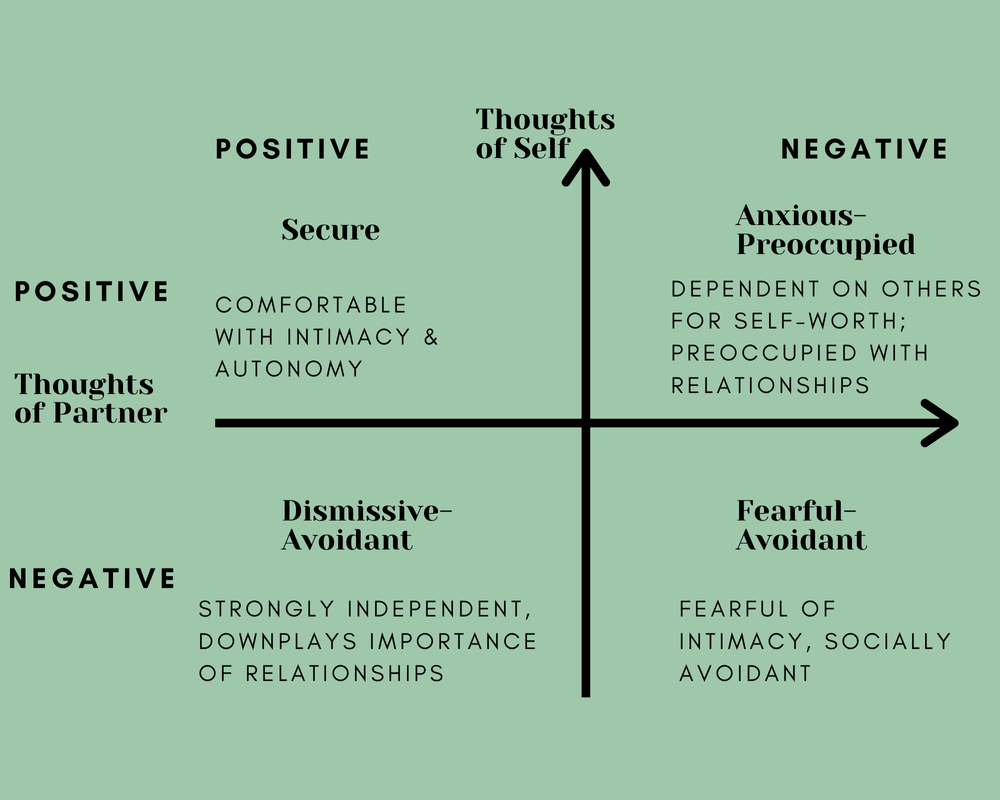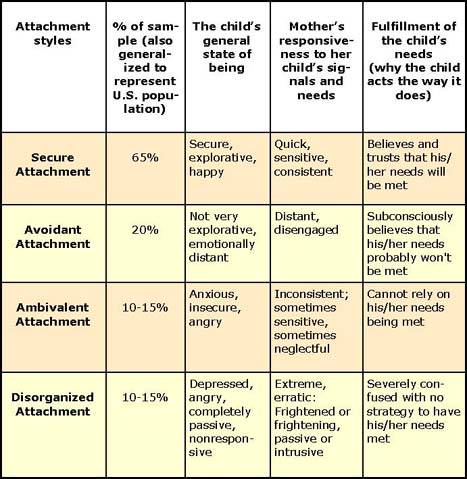Since 2012 a statement of ethical practice regarding sexuality has been incorporated into the BACP Ethical Framework. Clients from diverse sexual orientations are to be included without any kind of discrimination. The BACP does not consider homosexuality as a kind of mental disorder and opposes conversion therapy.

Davis and Neal wrote a book titled Pink Therapy in 1996, in which chapter 2 details some information about gay affirmative therapy. It contains guidelines about how counsellors can create a positive therapeutic relationship with gay, lesbian, bisexual etc. clients. Trust is central to this, clients will be able to accept help if trust is developed. Respecting the client’s integrity is equally important. Being aware of our own beliefs, values, fears and prejudices around sexuality is also crucial.
Supervision and personal therapy provides a good opportunity to explore these during our training. In some cases referral might be necessary if we can’t provide therapy for a client due to some of our beliefs (e.g. homosexuality is sinful, or against God’s wishes ) referral may be necessary.
There are 12 guidelines about working with gay clients. These guidelines can enhance empathy while working with clients from a diverse background. These include among others: enabling client to bring into awareness the subjective reality of being oppressed due to being gay, facilitating expressing their anger and other repressed feelings, enabling them to desensitize their shame and guilt around homosexual feelings, thoughts and behaviour; and facilitating them to identify their value and beliefs system.
This way they will become more truly themselves and integrations of gay feelings and thoughts will occur.
The BACP Good Practice across the Counselling Professions 001 details a lot of facts about different types of gender identities including cisgender and non-binary, sexuality and relationship types as well.
There was an artcicle published in Therapy Today : “Why Pronouns Matter?”, stating not everyone can be put into a male/female category but sexuality is considered more like a continuum. We might have some clients in the future who may wish to be treated in a similar fashion. Some contributors to the magazine who identify as non-binary started to use their names as XY. (they, them) Being aware of these developments we can provide a respectful environment to clients.
Bibliography:
Good Practice across the Counselling Professions 001Gender, Sexual, and Relationship Diversity (GSRD)Dr Meg-John Barker
https://www.bacp.co.uk/media/5877/bacp-gender-sexual-relationship-diversity-gpacp001-april19.pdf
Why pronouns matter: Have therapists really embraced gender diversity?
https://www.bacp.co.uk/bacp-journals/therapy-today/2021/march-2021/

/Melanie_Klein_c1912b-5af1aa353418c600387f7fd1.jpg)




